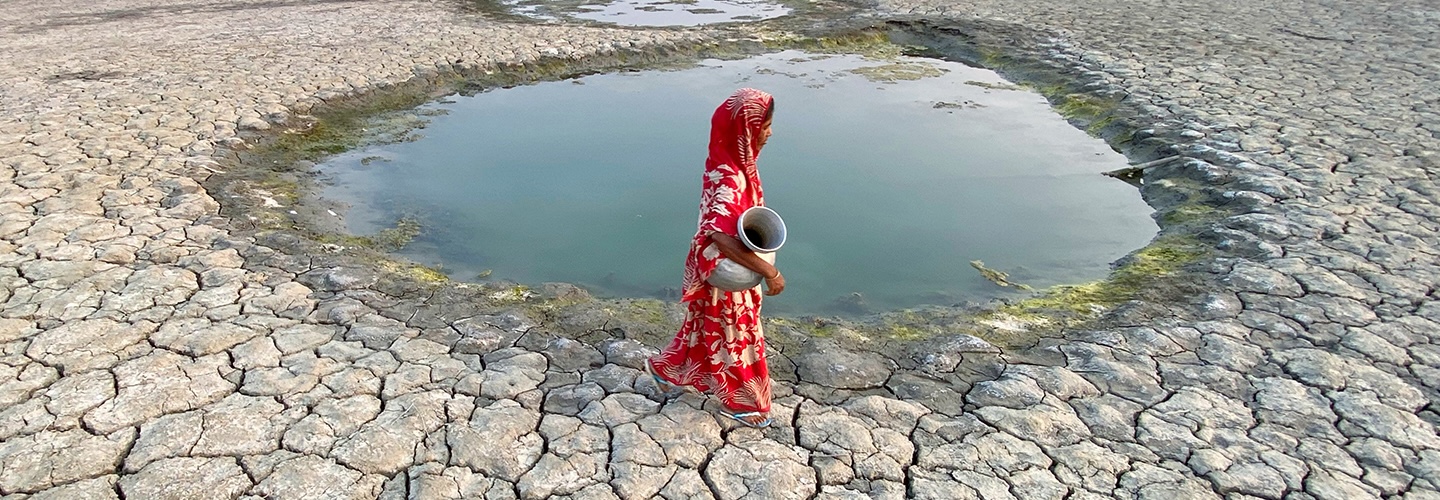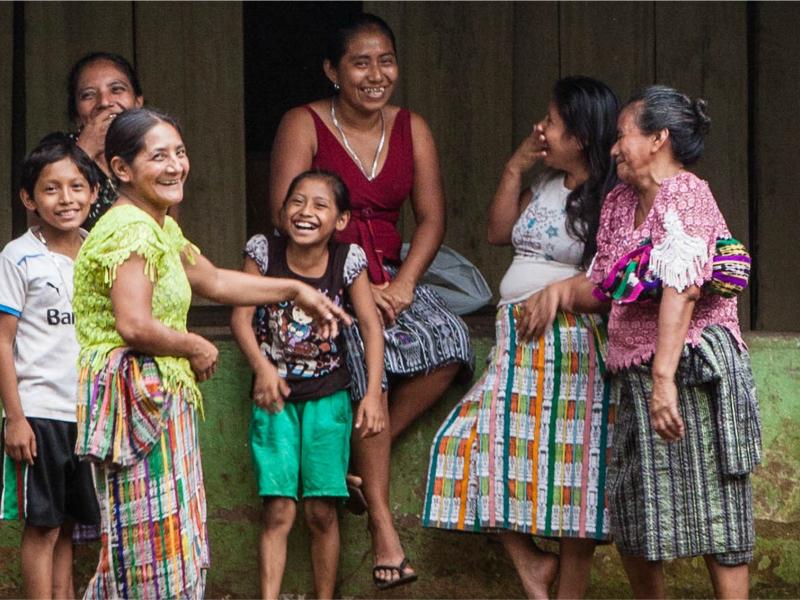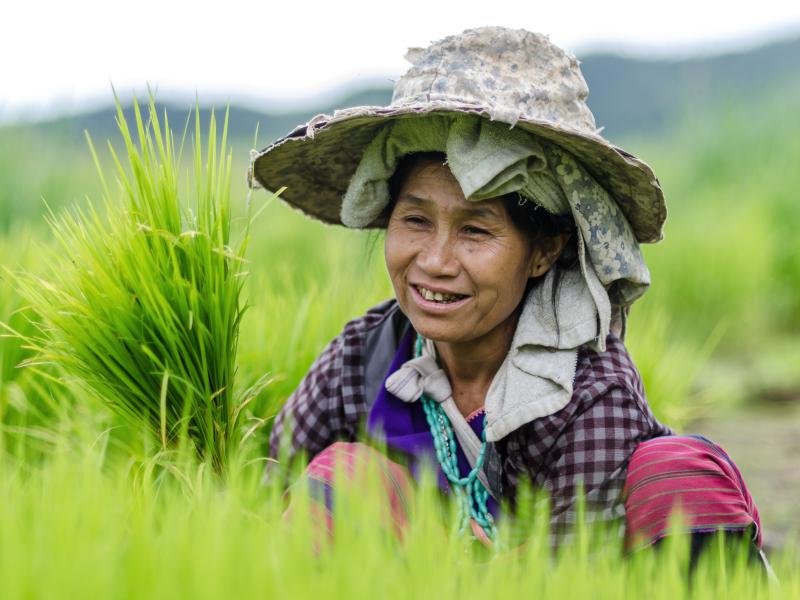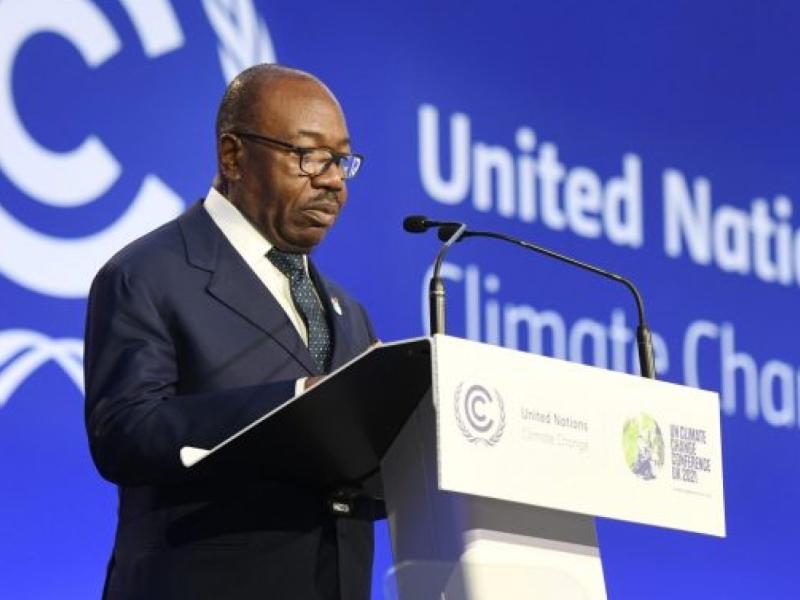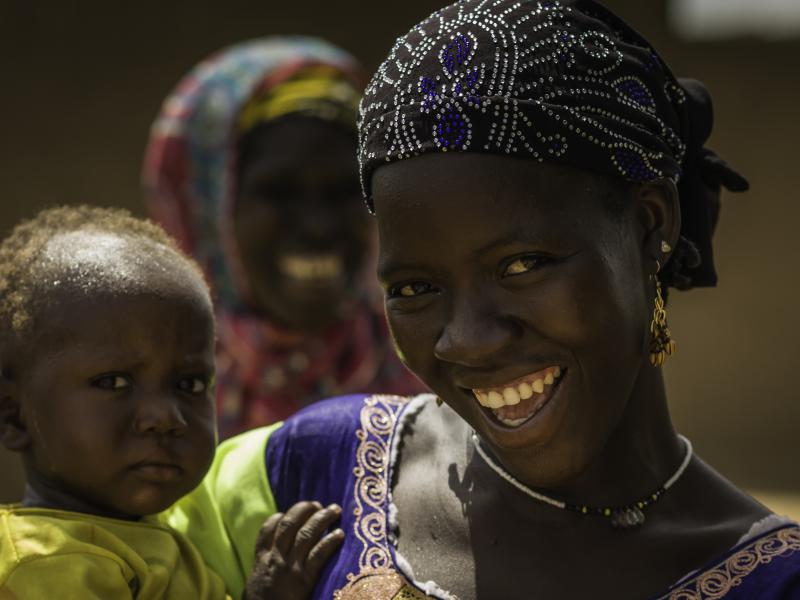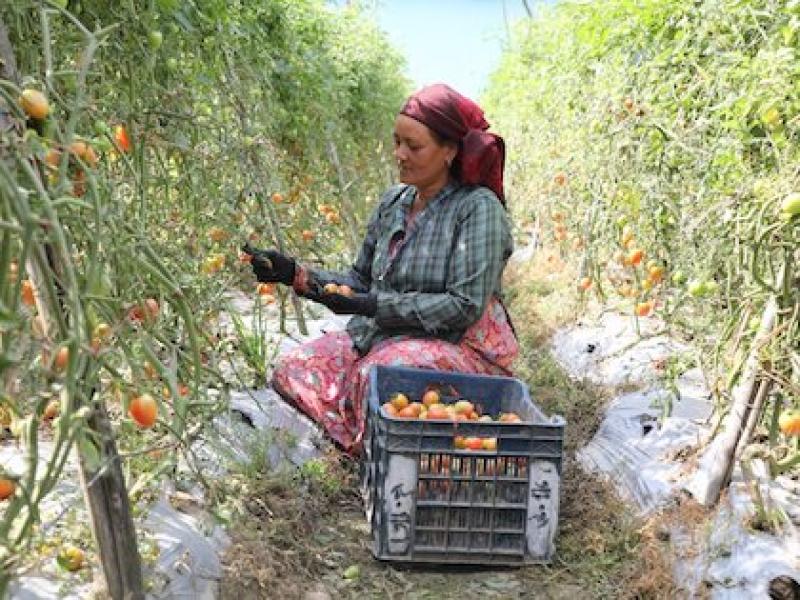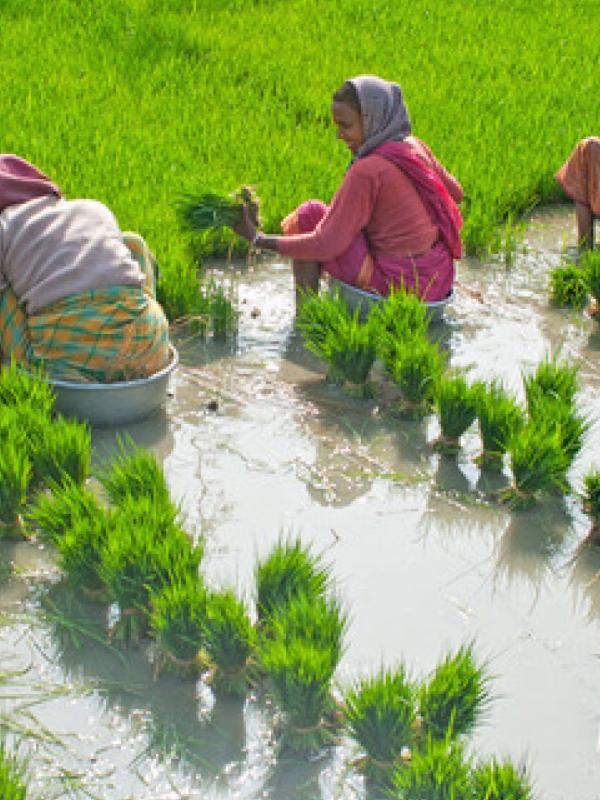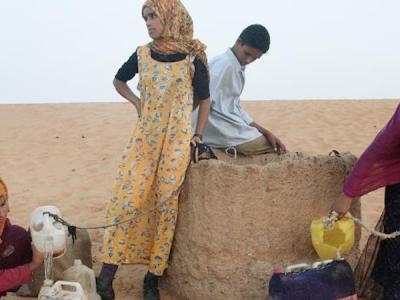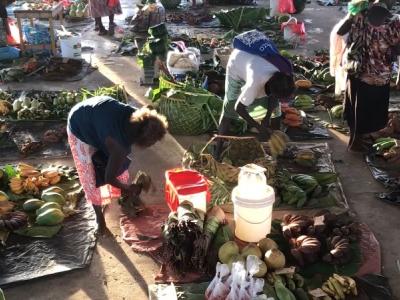UNDP’s policy and institutional support on climate change adaptation planning and policy is delivered through the National Adaptation Plan (NAP) processes in Developing and Least Developed Countries (LDCs). The NAPs are carried out in an integrated approach linking to NDCs and contribute to UNDP’s Climate Promise. At the core of NAPs is a commitment to accelerate climate action and action on SDGs through mainstreaming climate risk at all levels of development- local, national, regional and global.
Programmes
Partnerships
Led by the Government of Italy with UNDP as the partner agency, the AAH supports developing countries – particularly those most vulnerable to climate change – to accelerate climate adaptation, helping translate national priorities into bankable, finance-ready initiatives that can drive systemic, long-term resilience.
The ARA is a global, collaborative effort to increase investment and opportunities for action research to develop and inform effective adaptation solutions. UNDP is a member of the Adaptation Research Alliance with a specific focus on strengthening adaptation metrics as well as knowledge and research for adaptation planning.
The work of UNDP’s Climate and Forests Team contributes to both SDG13 (climate action) and SDG15 (forest ecosystems), addressing their close linkages. When promoting forest and climate policies and investments in countries, UNDP employs a social inclusion approach, wherein effective stakeholder engagement is ensured, the rights of indigenous peoples and forest communities are promoted, gender equality and women’s empowerment principles are mainstreamed, and policy reforms towards more equitable land use and tenure systems are encouraged.
UNDP is a steering committee member for the Adaptation Action Coalition launched in 2021 by the UK COP Presidency in partnership with Bangladesh, Egypt, Malawi, the Netherlands and Saint Lucia. The AAC drives global advocacy on adaptation and prioritizes work streams on locally led action, health, water and infrastructure.

